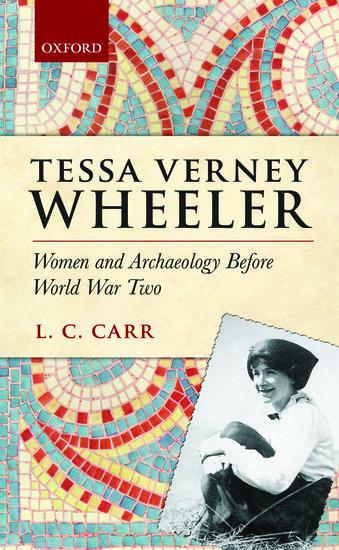In the 18th century, the world underwent a revolutionary change — in sexual attitudes. Faramerz Dabhoiwala examines how the strict control of sex by the Church, the state, and society eroded in the 1700s based on vast research — from canon law to court cases, novels to pornography, diaries and letters of people great to ordinary. The Enlightenment, the growth of cities, and cultural flowering all contributed to the birth of sex as we know it. In the below videos, Faramerz Dabhoiwala explores the 18th century roots of modern sexuality from gender stereotypes of lust, polygamy, sex tapes, and the sexual obsession of tabloid culture.














